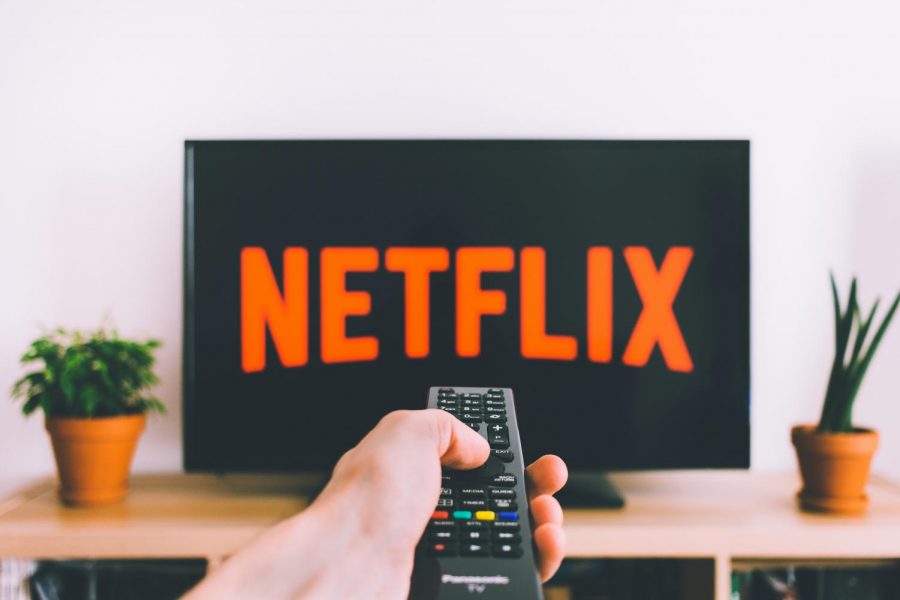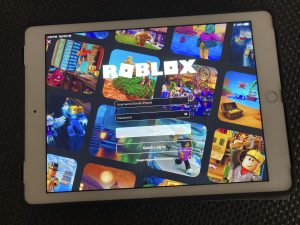Netflix Needs to Stop Cancelling Shows with Diverse Representation
September 28, 2020
Netflix announced the cancellation of several of the platform’s original shows “The Society”, “Anne with an E”, and “Spinning Out”, which all featured representation of characters with diverse ethnicities, sexualities, and identities.. The platform has renewed more popular shows and movies such as “Outer Banks” and the “The Kissing Booth” series but has failed to continue with shows dealing with mental illnesses, disabilities, or characters from the LGBTQ+ community or minority races. Instead of filming and promoting shows with bland plotlines and cookie-cutter characters, Netflix should renew shows that tackle real-life issues and allow viewers to relate more with the characters and plot.
Netflix initially renewed “The Society” for a second season after overwhelmingly positive feedback following the first season’s release in May 2019. The show received an 86 percent rating on Rotten Tomatoes. The show features a group of multi-ethnic teens who are forced to adapt to living on their own. The relationship between Elle and Campbell portrayed the detrimental effects of toxicity and abuse without romanticizing the situation. Many other films and shows on Netflix, such as “After”, feature relationships that many don’t realize aren’t healthy. It also features a deaf character who uses American Sign Language, highlighting the struggles and reducing the stigma of living with a disability. The same character also explores his sexuality and begins a gay relationship, increasing the representation of LGBTQ+ characters in popular television shows. Despite “The Society’s” success, Netflix announced the show’s cancellation in August due to supposed “complications” due to the coronavirus.
“Audiences from shows like “The Society” are predominantly young people of multiple races, sexualities and nationalities. Personally, it makes my day if I see a fellow Latinx in a show that I am watching. Those characters inspire people. Young audiences can learn about real issues, like abusive relationships, without it being romanticized,” sophomore Julia Mello said.
“The Society” ended on a major cliffhanger, sparking the creation of various petitions, hashtags, and calls for other streaming platform services such as HBO Max to pick up the show where it left off. “The Society” was one of the few shows that showcased people of all different backgrounds, allowing for viewers to find themselves among the characters and feel represented in the media.
Netflix often promotes white-centric shows, such as “Riverdale”, despite it not being one of the platform’s original shows. “Riverdale” star Vanessa Morgan has criticized the show’s lack of diversity herself. “Tired of us also being used as side kick non dimensional characters to our white leads,” Morgan said on Twitter May 31, 2020. This can give viewers a skewed perception of what is normalized in society rather than showing that differences such as mental illnesses or disabilities are normal.
The cancellation of “Anne with an E” prior to the coronavirus outbreak received large backlash after Netflix announced on Nov. 25, 2019 that they would not renew the Canadian show after three seasons. The show tackled many real-world issues, including racism, sexism, sexual harassment, and abuse. It also featured LGBTQ+ and indigenous representation. After its cancellation, a petition on Change.org gathered over 1.2 million signatures from fans and a billboard was erected in Times Square in New York City in an effort to save the show.
“Canceling shows with representation alienates viewers with similar issues as the characters who are looking for representation in the media. Netflix promotes bland shows because they are easy to watch and don’t tackle harder subjects. You lose out on a lot of diversity to make more money with shows that appeal to a majority of people,” junior Byron Chan said. “Anne with an E,” a period drama based off of the book “Anne of Green Gables,” featured a young girl with a spirited imagination who wasn’t afraid to stand up for what she believed in and let her true personality shine. Shows like this are necessary because they feature strong female protagonists who have potential to positively affect millions of young girls all across the world.
“Spinning Out”, another Netflix original show, was also canceled earlier this year. While the ratings were not nearly as high with a 59 percent score on Rotten Tomatoes, Netflix has previously renewed shows with lower ratings such as “13 Reasons Why”, which has a 35 percent rating on Rotten Tomatoes. “13 Reasons Why” glorified suicide as a solution to mental illness, influencing young viewers to self-harm or worse. According to a study by the National Institute of Health, there was a 28.9 percent increase in suicide among Americans ages 10-17 after the release of the show. However, Netflix continued to renew and promote said show for three more seasons. Conversely, “Spinning Out” featured a female athlete suffering from bipolar disorder and brought to life the hardships of living with a mental illness that isn’t apparent from the outside. The show dealt with mental illness in a tactful and realistic way without glorifying or skewing it.
Netflix continually renews shows with basic plotlines and bland characters. However, shows with diversity and representation are canceled year after year due to a “lack of viewers.” Even if shows aren’t the most popular on the platform, that does not negate the importance of including shows with representation. Furthermore, the platform rarely promotes these shows and instead highlights more popular shows such as “13 Reasons Why” and “Outer Banks” to draw in more viewers. Rather than renewing poorly-rated, whitewashed films and shows, Netflix should continue the shows that feature characters from diverse backgrounds and allow for audiences to resonate with the characters and plot.








